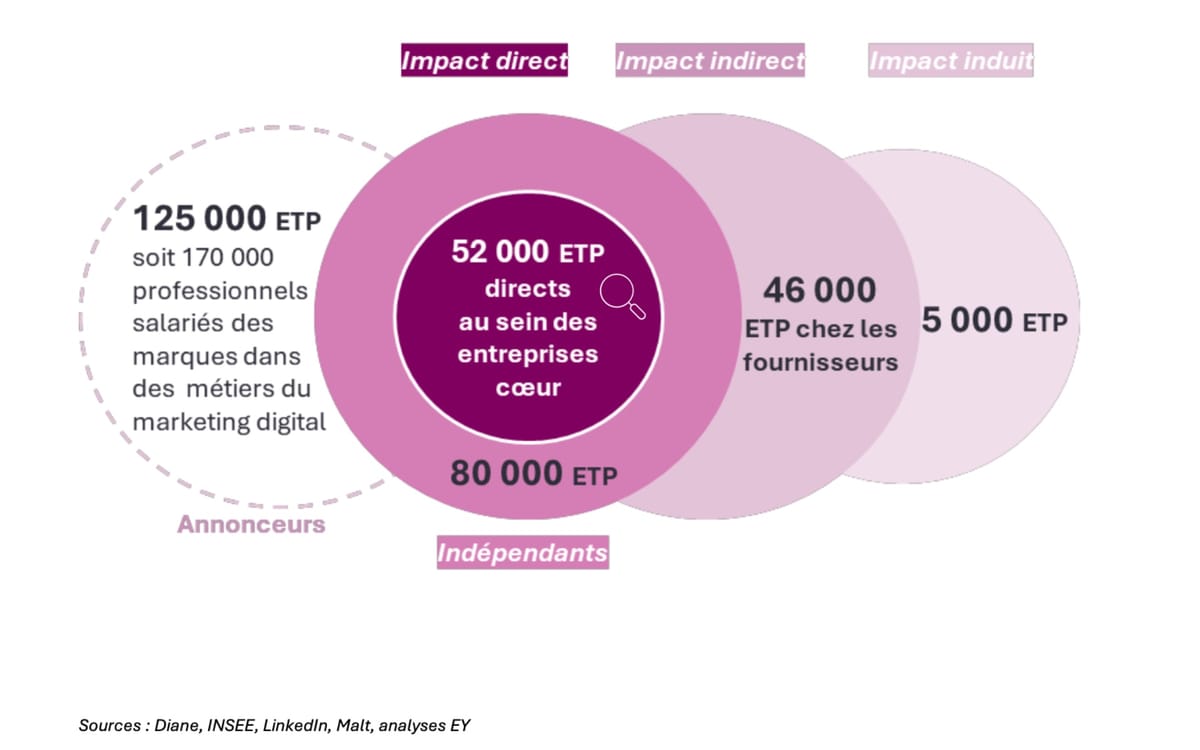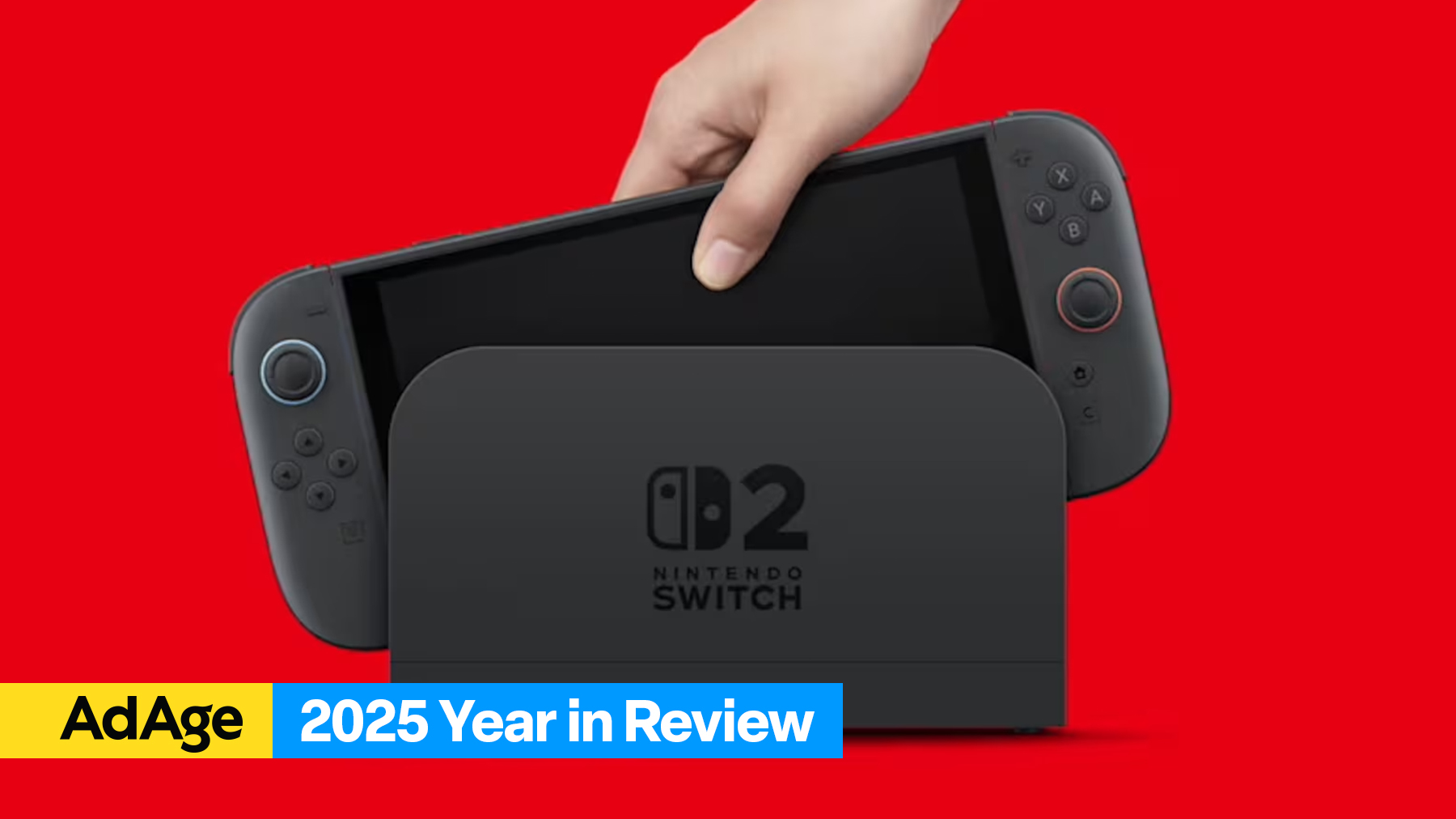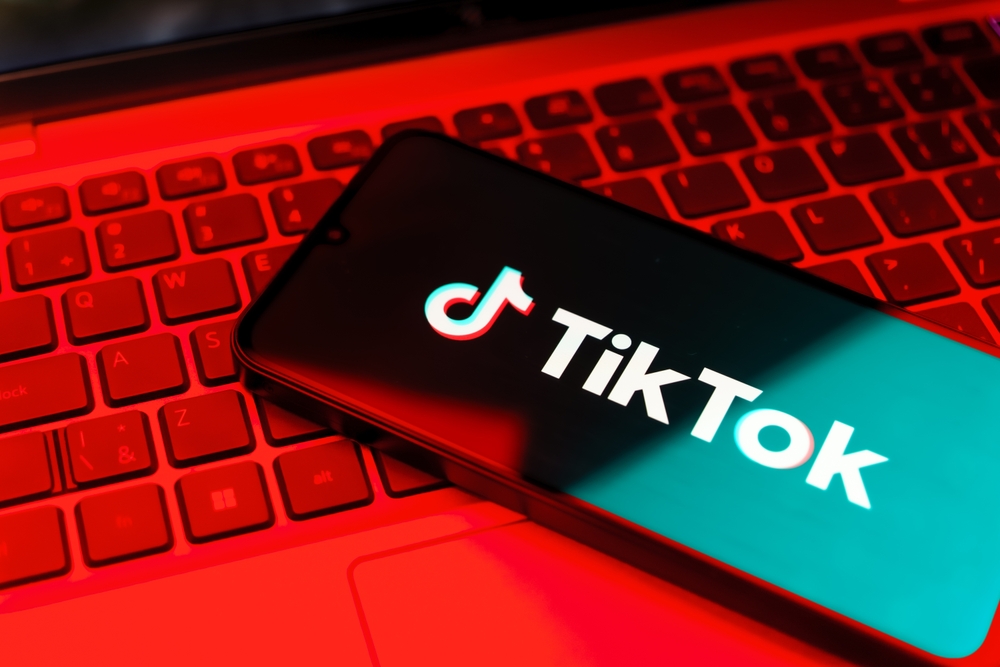ORDINO, Andorra–(BUSINESS WIRE)–Guess what? A whopping 94% of consumers are likely to be loyal to a brand that offers complete transparency. And yet, here we are, in a world where only 37% actually feel that brands are living up to that promise. The disconnect? It’s real. And it’s about more than just putting some info on your product and calling it a day. Consumers are demanding more; they want the whole story, from farm to fork, factory to wardrobe.
But wait, there’s a twist in the tale. It’s not just consumers asking for more; governments and regulatory bodies are joining the chorus. Take the European Union’s Digital Product Passport, the new guidelines set by the Food and Drug Administration (FDA) in the U.S.A. on nutritional transparency and consumer protection regulations across Asia. The message is clear: Transparency is not optional anymore. It’s time to show that there’s nothing to hide.
Cue digital-link.com—the most reliable ally in navigating this brave new world of openness and honesty.
As an official partner of the GS1 UK organization, digital-link.com recently launched a groundbreaking and intuitive digital link QR code generatorand management platform that leverages the power and flexibility of the GS1 digital link standard.
We’re not talking about traditional QR code generation but a robust suite of solutions that empower companies to exceed consumer expectations and comply effortlessly with the latest regulations. It’s a tool designed to make transparency a brand’s superpower.
Sounds fantastic, but what is GS1? And what exactly are digital links?
Scanning the future: The radical transformation from barcodes to digital links
Who keeps the global commerce machine humming, ensuring that a sneaker in Shanghai is as trackable as a coffee bean in Colombia? Enter GS1, the global gatekeeper of product identification standards, ensuring every item under the sun (and in your shopping cart) speaks a universal language.
However, maintaining standards also means fostering innovation and future-proofing worldwide trade. That’s the whole point of the new digital link standard: the classic barcode, that retail staple, is getting a significant upgrade.
Digital link QR codes: A product’s passport to the digital universe
Before we dive into the future, you need to grasp the basics. You’re probably familiar with a QR code, or at least what it looks like. Those little black-and-white squares are not just another type of barcode; they can store more information than a traditional barcode. The fascinating world of these dotted squares includes two types: static QR codes and dynamic QR codes. Understanding these key differences will make you the most informed person in the room. So, you don’t need to thank us; just keep reading.
Static QR codes are like immutable signposts, directing to a single, unchangeable destination. Dynamic QR codes offer flexibility, allowing their destination URLs to be updated without altering the QR code itself. Now, GS1 digital link QR codes are revolutionizing this landscape by integrating web addresses’ rich, dynamic capabilities with GTINs’ robust, global standardization. This innovation transforms QR codes from simple information carriers into comprehensive digital passports for products, providing a seamless bridge between the physical and digital realms.
With a quick scan, consumers dive into a world where their questions find answers effortlessly. From a product’s backstory to its eco-credentials, nutritional facts, loyalty, and promotions, it’s all at their fingertips, making it super easy to keep the conversation going long after the sale.
But it doesn’t end here: digital link QR codes also help streamline supply chain operations by providing detailed information about logistics and inventory to authorized people. And they work with POS cashiers at checkout, too! Thanks to a unique resolver system, digital link QR codes behave differently depending on who scans them.
Bottom line? A digital link QR code can replace all other barcodes and QRs used on labels and product packaging.
Merging the best of both physical and digital trade is the name of the game. And with Sunrise 2027 on the approach, when digital link QR codes will start replacing the traditional barcodes on all items, the push for brands and retailers to jump on board is real.
This change is driven by more than just new rules; it’s about meeting the consumer’s call for more openness, better engagement, and a fresh twist on getting product info.
The transparency toolkit: tackling challenges with digital link QRs
We’re in a world where “just trust us” no longer cut it. Consumers are peeking behind the curtain, asking the tough questions and expecting real answers. Then, the ever-tightening grip of regulations ensures you play nice and transparent. And let’s not even start on nailing that marketing sweet spot where transparency meets tantalizing.
So, here’s a list of digital-link.com-enabled solutions to major challenges and a few do’s and don’ts. It’s a quick guide on keeping things transparent, engaging, and compliant for brands across all industries, from FMCG to food and beverage, apparel, healthcare, automotive, and so on.
Consumer challenges: “Tell me everything about this product, or I’m walking.”
With digital-link.com, brands can quickly whip up engaging landing pages designed to display all relevant product information plus rich content, promotions, company details, e-commerce, and more. Digital links that turn curiosity into loyalty with every scan.
Since these marvelous QRs are also dynamic, the content shared with shoppers can be updated, changed, or removed at any time.
Regulation challenges: “Comply with our transparency directives, or face the consequences.”
Comprehensive SmartPages that adapt to the product category are the solution provided by digital-link.com to meet global standards and make compliance look like child’s play.
Think ingredients for wine and wine-based spirits, for instance, as required by the recent labeling law in Europe, or the detailed nutritional facts that the FDA made mandatory for foods and beverages in the U.S.
Depending on the product type, most information can be automatically pre-filled based on the GTIN, saving time and money.
Marketing challenges: “How do I know if our transparency efforts are hitting the mark?”
Digital-link.com allows businesses to use deep analytics to track, measure, and adapt strategies based on real-world engagement.
Not only that: the context-sensitive nature of digital link QR codes makes it possible to tailor content and actions to specific audiences based on time, location, and other variables. It’s called contextual marketing; look it up!
Do’s and don’ts in the age of transparency
- Do: Craft your digital links with care. They’re not just links; they’re your brand’s digital soul.
- Don’t: Get lost in the details. Start with what matters most to your consumers and build from there.
- Do: Keep an eye on global regulations like the EU’s Digital Product Passport, FDA’s labeling reforms, and Asia’s evolving consumer rights laws. They’re not just hoops to jump through but opportunities to shine.
- Don’t: Forget that transparency is a two-way street. Engage, listen, and evolve based on consumer and regulatory feedback.
- Do: Celebrate your commitment to transparency. It’s not just good ethics; it’s good business.
Fear-Of-Missing-Out? You better.
So, there you have it. With consumers wielding their wallets in the quest for transparency, can you afford to be left behind? digital-link.com is offering a lifeline in the transparency tsunami. Catch the wave or watch from the shore – the choice is yours.










Leave a Reply